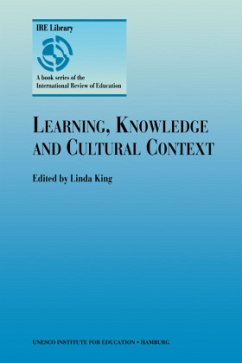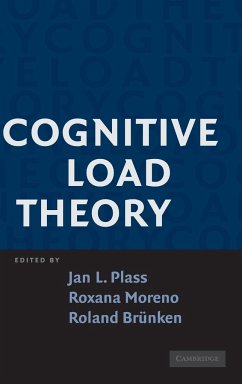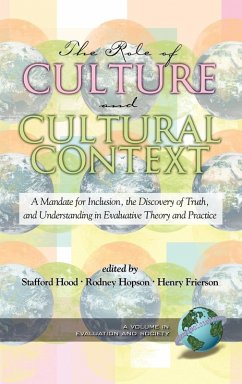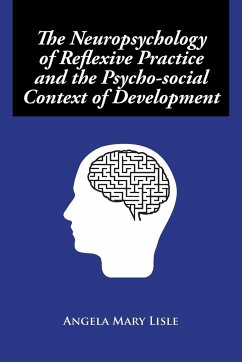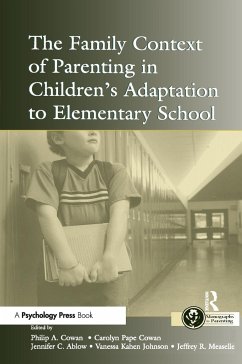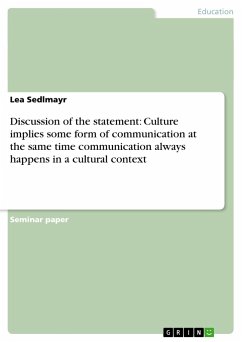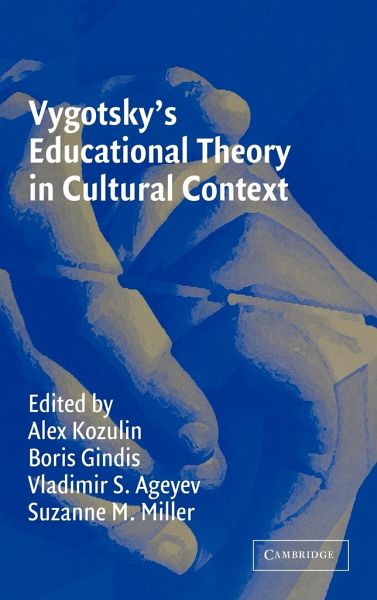
Vygotsky's Educational Theory in Cultural Context
Versandkostenfrei!
Versandfertig in 1-2 Wochen
92,99 €
inkl. MwSt.
Weitere Ausgaben:

PAYBACK Punkte
46 °P sammeln!
The book comprehensively covers all major topics of Vygotskian educational theory and its classroom applications.The book comprehensively covers all major topics of Vygotskian educational theory and its classroom applications. Particular attention is paid to the Vygotskian idea of child development as a consequence rather than premise of learning experiences. Such a reversal allows for new interpretations of the relationships between cognitive development and education at different junctions of the human life span. It also opens new perspectives on atypical development, learning disabilities, ...
The book comprehensively covers all major topics of Vygotskian educational theory and its classroom applications.
The book comprehensively covers all major topics of Vygotskian educational theory and its classroom applications. Particular attention is paid to the Vygotskian idea of child development as a consequence rather than premise of learning experiences. Such a reversal allows for new interpretations of the relationships between cognitive development and education at different junctions of the human life span. It also opens new perspectives on atypical development, learning disabilities, and assessment of children's learning potential. Classroom applications of Vygotskian theory are discussed in the book. Teacher training and the changing role of a teacher in a sociocultural classroom is discussed in addition to the issues of teaching and learning activities and peer interactions. Relevant research findings from the US, Western Europe, and Russia are brought together to clarify the possible new applications of Vygotskian ideas in different disciplinary areas.
Table of content:
List of contributors; Series Foreword; Introduction: sociocultural theory and education: students, teachers and knowledge Alex Kozulin, Boris Gindis, Vladimir S. Ageyev, and Suzanne M. Miller; Part I. Concepts and Paradigms: 1. Psychological tools and mediated learning Alex Kozulin; 2. The zone of proximal development in Vygotsky's analysis of learning and instruction Seth Chaiklin; 3. Vygotsky's doctrine of scientific concepts: its role for contemporary education Yuriy V. Karpov; 4. Some cognitive tools of literacy Kieran Egan and Natalia Gajdamaschko; 5. Dynamic assessment of the evolving cognitive functions in children Carol S. Lidz and Boris Gindis; Part II. Development and Learning: 6. Periods in child development: Vygotsky's perspective Holbrook Mahn; 7. Development through the lifespan: a neo-Vygotskian approach Yuriy V. Karpov; 8. Learning and development of preschool children from the Vygotskian perspective Elena Bodrova and Deborah J. Leong; 9. The learning activity in the first years of schooling: the developmental path towards reflection Galina Zuckerman; 10. Remediation though education: socio/cultural theory and children with special needs Boris Gindis; Part III. Sociocultural Theory Application in the Classroom: 11. Cultural-historical theory and mathematics education Jean Schmittau; 12. Socio/cultural theory and the practice of teaching historical concepts Jacques Haenen, Hubert Schrijuemakers, and Job Stufkens; 13. Formation of learning activity and theoretical thinking in science teaching Hartmut Giest and Joaclum Lompscher; 14. How literature discussion shapes thinking: ZPDs for teaching/learning habits of the heart and mind Suzanne M. Miller; 15. Beyond cognition: a Vygotskian perspective on emotionality and teachers' professional lives Anne DiPardo and Christine Potter; Part IV. Diverse Learners and Contexts of Education: 16. Interpersonal communication and internalization in the second language classroom James P. Lantolf; 17. Mediation in cognitive socialization: the influence of socioeconomic status Pedro R. Portes and Jennifer A. Vadeboncoeur; 18. Cultural modeling: CHAT as a lens for understanding instructional discourse based on African-American English discourse patterns Carol D. Lee; 19. The relations of learning and student social class: toward re-'socializing' sociocultural learning theory Carolyn P. Panofsky; 20. Vygotsky in the mirror of cultural interpretations Vladimir S. Agayev; Indexes.
The book comprehensively covers all major topics of Vygotskian educational theory and its classroom applications. Particular attention is paid to the Vygotskian idea of child development as a consequence rather than premise of learning experiences. Such a reversal allows for new interpretations of the relationships between cognitive development and education at different junctions of the human life span. It also opens new perspectives on atypical development, learning disabilities, and assessment of children's learning potential. Classroom applications of Vygotskian theory are discussed in the book. Teacher training and the changing role of a teacher in a sociocultural classroom is discussed in addition to the issues of teaching and learning activities and peer interactions. Relevant research findings from the US, Western Europe, and Russia are brought together to clarify the possible new applications of Vygotskian ideas in different disciplinary areas.
Table of content:
List of contributors; Series Foreword; Introduction: sociocultural theory and education: students, teachers and knowledge Alex Kozulin, Boris Gindis, Vladimir S. Ageyev, and Suzanne M. Miller; Part I. Concepts and Paradigms: 1. Psychological tools and mediated learning Alex Kozulin; 2. The zone of proximal development in Vygotsky's analysis of learning and instruction Seth Chaiklin; 3. Vygotsky's doctrine of scientific concepts: its role for contemporary education Yuriy V. Karpov; 4. Some cognitive tools of literacy Kieran Egan and Natalia Gajdamaschko; 5. Dynamic assessment of the evolving cognitive functions in children Carol S. Lidz and Boris Gindis; Part II. Development and Learning: 6. Periods in child development: Vygotsky's perspective Holbrook Mahn; 7. Development through the lifespan: a neo-Vygotskian approach Yuriy V. Karpov; 8. Learning and development of preschool children from the Vygotskian perspective Elena Bodrova and Deborah J. Leong; 9. The learning activity in the first years of schooling: the developmental path towards reflection Galina Zuckerman; 10. Remediation though education: socio/cultural theory and children with special needs Boris Gindis; Part III. Sociocultural Theory Application in the Classroom: 11. Cultural-historical theory and mathematics education Jean Schmittau; 12. Socio/cultural theory and the practice of teaching historical concepts Jacques Haenen, Hubert Schrijuemakers, and Job Stufkens; 13. Formation of learning activity and theoretical thinking in science teaching Hartmut Giest and Joaclum Lompscher; 14. How literature discussion shapes thinking: ZPDs for teaching/learning habits of the heart and mind Suzanne M. Miller; 15. Beyond cognition: a Vygotskian perspective on emotionality and teachers' professional lives Anne DiPardo and Christine Potter; Part IV. Diverse Learners and Contexts of Education: 16. Interpersonal communication and internalization in the second language classroom James P. Lantolf; 17. Mediation in cognitive socialization: the influence of socioeconomic status Pedro R. Portes and Jennifer A. Vadeboncoeur; 18. Cultural modeling: CHAT as a lens for understanding instructional discourse based on African-American English discourse patterns Carol D. Lee; 19. The relations of learning and student social class: toward re-'socializing' sociocultural learning theory Carolyn P. Panofsky; 20. Vygotsky in the mirror of cultural interpretations Vladimir S. Agayev; Indexes.






